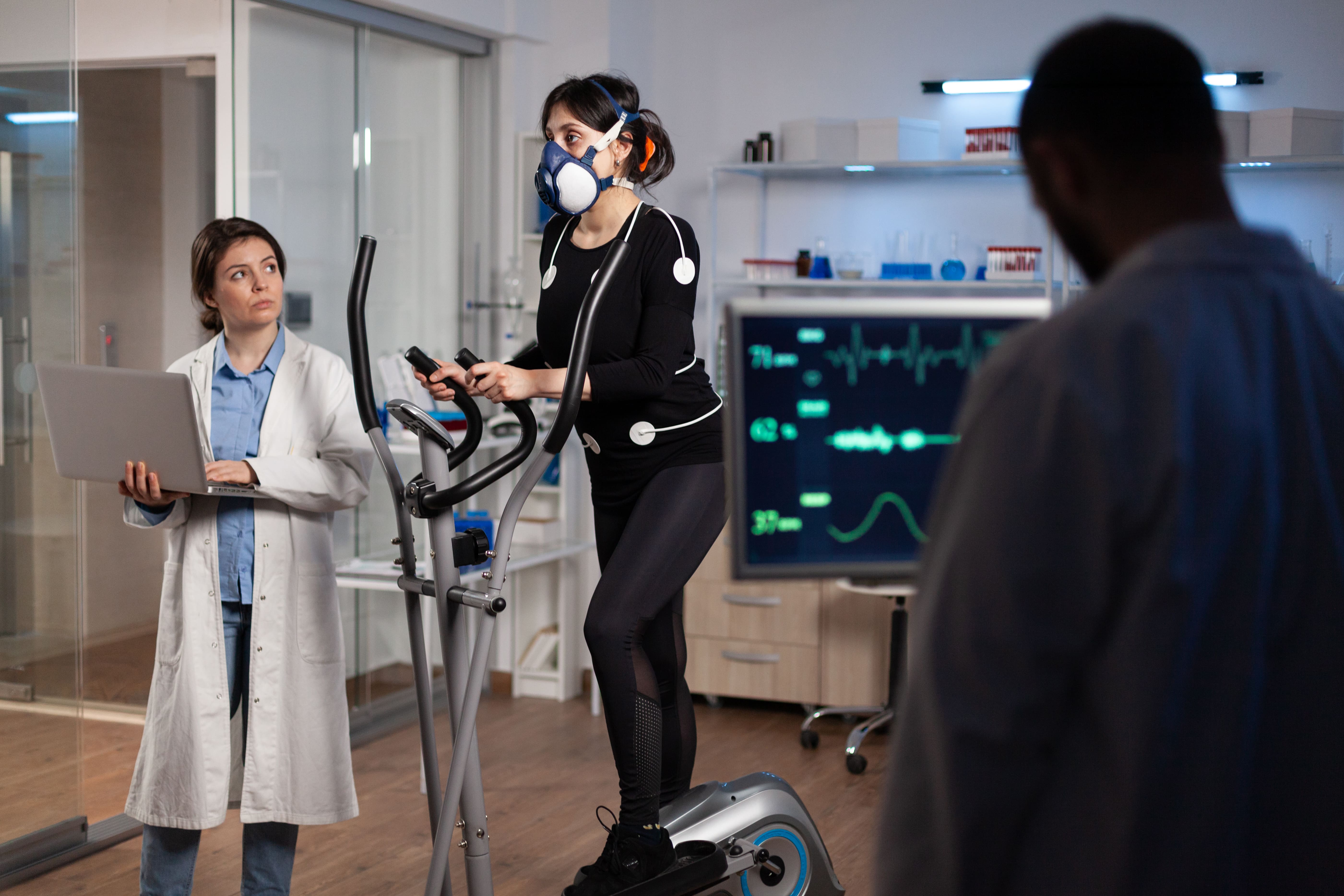Diagnostic Cardiac Testing in Tampa Florida
Posted by: Tampa Cardio
On: March 27, 2024

Diagnostic Cardiac Testing in Tampa Florida
Patient comfort is our number one concern at Tampa Cardiovascular Associates. We have the most up-to-date state-of-the-art equipment available. We understand that every patient is unique and will have varying degrees of pain and/or mobility, so we offer a broad range of diagnostic testing methods to do our best to accommodate.
We offer the following testing:
Philips iE33 Ultrasound System
Considered to be the best ultrasound equipment currently available, our equipment has all the latest updates and allows us to perform more advanced cardiac function measures, such as strain and speckle tracking.GVI ClearVision Scanner. This revolutionary single‐photon emission computed tomography (SPECT) scanner allows patients to be seated during nuclear scanning procedures, which for many patients is more comfortable than lying down and also reduces the symptoms of claustrophobia.
Lexis Scan
A chemical stress test that provides a safe alternative to treadmill stress testing for those patients who are immobile or unable to walk comfortably. The test is fast and convenient, usually only taking around ten seconds to complete for life-threatening arrhythmias, jolting the heart into beating normally again.
Up-to-Date Diagnostic Testing
Diagnostic services available by our practice include:
Transesophageal Echocardiography
Often, used in conjunction with open heart surgical procedures, this technique is used in detecting and evaluating the presence of potential embolisms within a patient. Though, a more invasive alternative to transthoracic echocardiograms, this method typically provides the physician with clearer ultrasound images and better overall accuracy. Echocardiogram. This is an ultrasound-based study that is safe and effective and used to diagnose conditions of the heart that involve the valves as well as the pumping function of the heart.
Nuclear Stress Test
This is a test, performed in the office, involving either an exercise stress test on a treadmill or a chemical stress test that uses a medication to make your heart rate higher. Following the stress portion of the test, a nuclear medicine technologist will inject you with a radioactive tracer and images will be taken of your heart, allowing the physicians to see which areas of your heart receive enough blood and which areas do not. This test is safe and effective in the diagnosing of blockages in the coronary arteries.
Stress Echo
This test also utilizes either exercise stress on a treadmill or chemical stress with medication and is followed by the visualization of the heart muscle using echocardiography. Depending on the movement of the heart muscle during stress, your physicians will decide on either the presence or absence of coronary artery disease and determine the need for further testing.
Holter/Event Monitors
These are medical devices that serve as portable ECGs. The patient can wear these devices within the comfort of their own home, while the rhythm of their heart is constantly monitored and any changes or abnormalities are recorded for their physician’s review.
Electrocardiogram
This is a simple procedure, performed in the office, that provides the physicians with essential information on the electrical health and mechanical anatomy of your heart.
Arterial/Carotid/Renal Ultrasound
This is a sound wave-based procedure, performed in the office, to check for the presence of blockages in any of the arteries in the legs, neck, abdomen, or kidneys. This test defines the extent of such blockages and the need for further testing.
Venous Ultrasound
This is also a sound wave-based procedure, performed in the office, to check for blood clots in the veins and to check for the underlying causes of spider veins or varicose veins.
Segmental Pressure Testing or Ankle-Brachial Index (ABI)
In this method, blood pressure cuffs are placed and inflated at various points along a patient’s leg. These pressures are then compared to the pressure of the arm, helping to determine whether the current blood flow is adequate or if further action is needed.
Aortic Aneurysm Screening
An abdominal aortic aneurysm is a potentially life-threatening condition that often times shows no symptoms at all until it is too late. This preventative screening is painless and non-invasive and is especially recommended in men who are smokers or ex-smokers between the ages of 65 and 75.
Tilt Table Test
Similar to an exercise test in objective, a tilt table test involves the patient being strapped to a table while their blood pressure and heart are monitored. The table is then tilted to mimic various postures, from lying down to standing up.
24-Hour Blood Pressure Monitor
Because a person’s blood pressure fluctuates throughout the day, a single reading is no longer considered medically accurate. These 24-hour monitors are made so that the patient can wear them comfortably at home and provide physicians with vital information necessary to the patient’s condition and care.
To get started with your Tampa diagnostic testing,
Click here to schedule an appointment with our
Tampa Cardiovascular Associates
or call (813) 975-2800.
Posted by: Tampa Cardio
On: 27/03/2024
